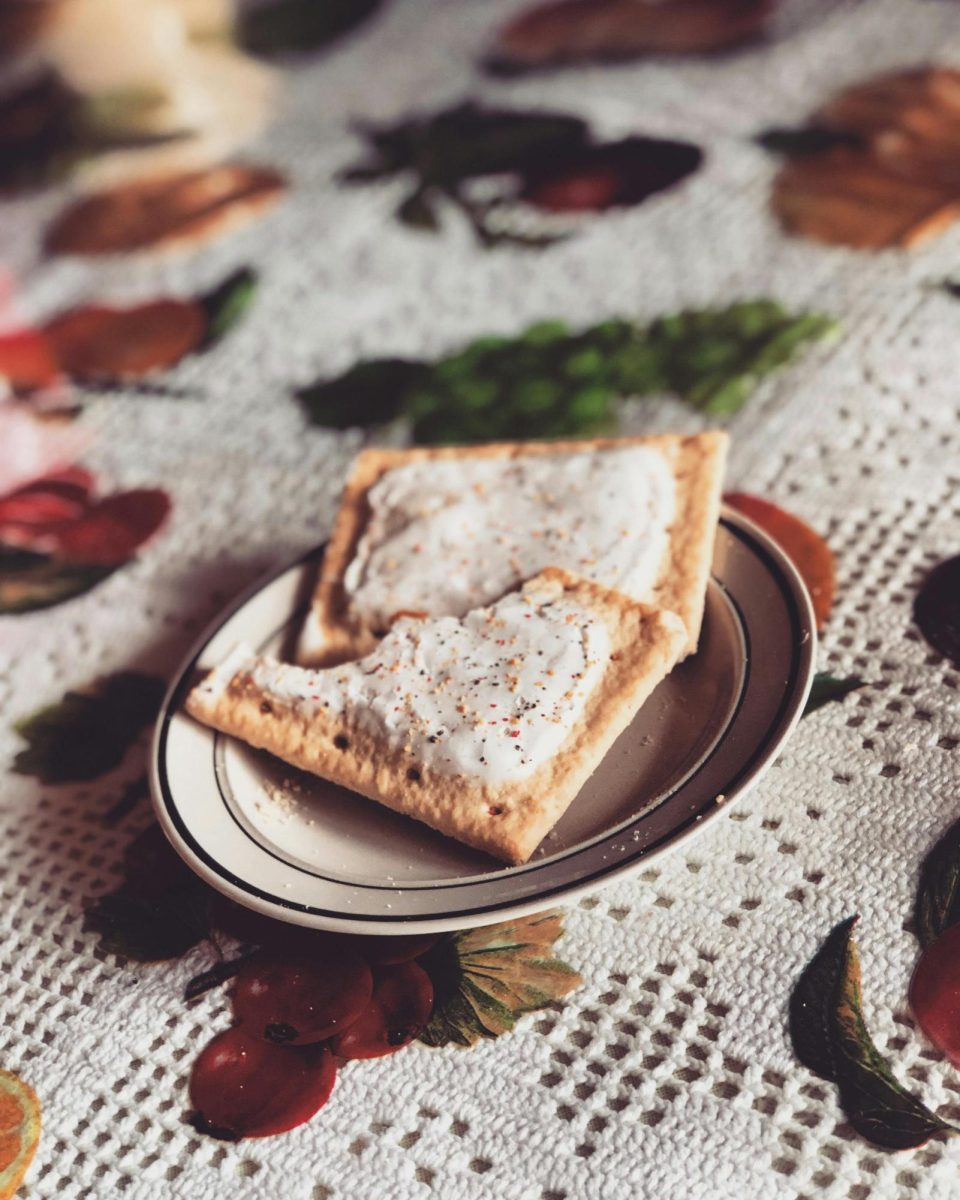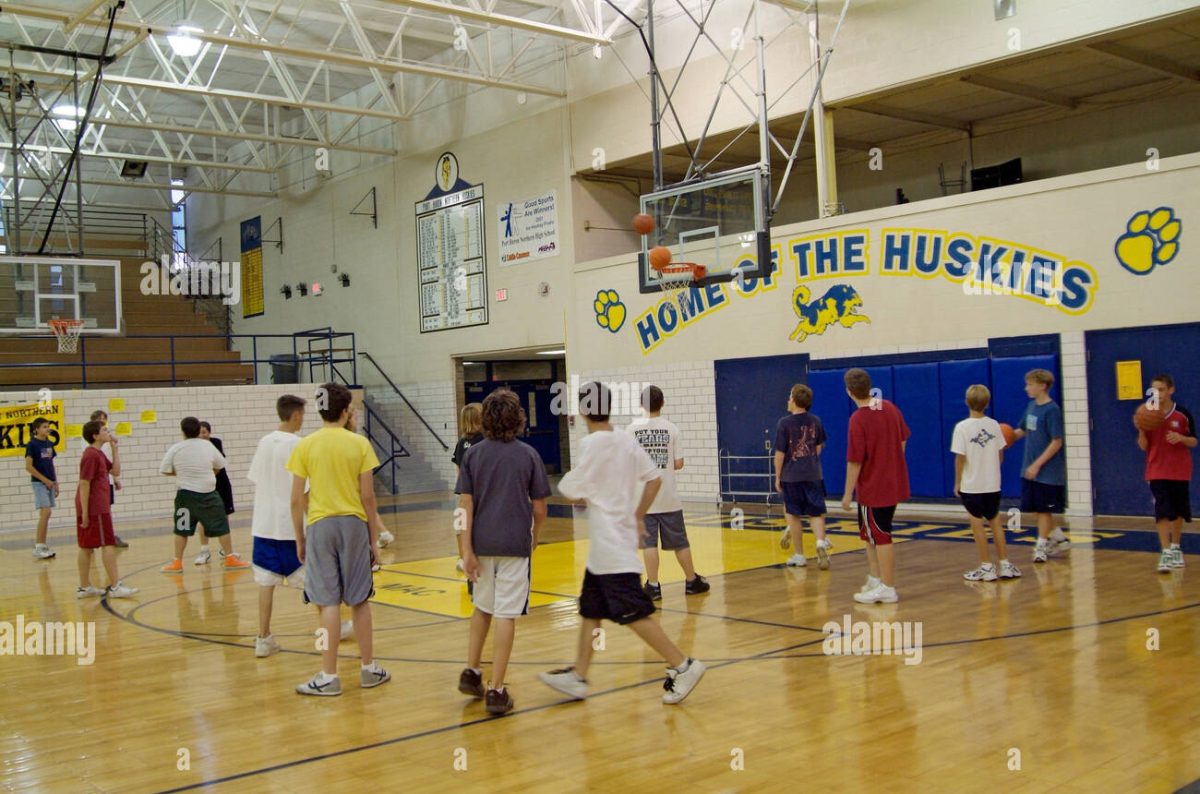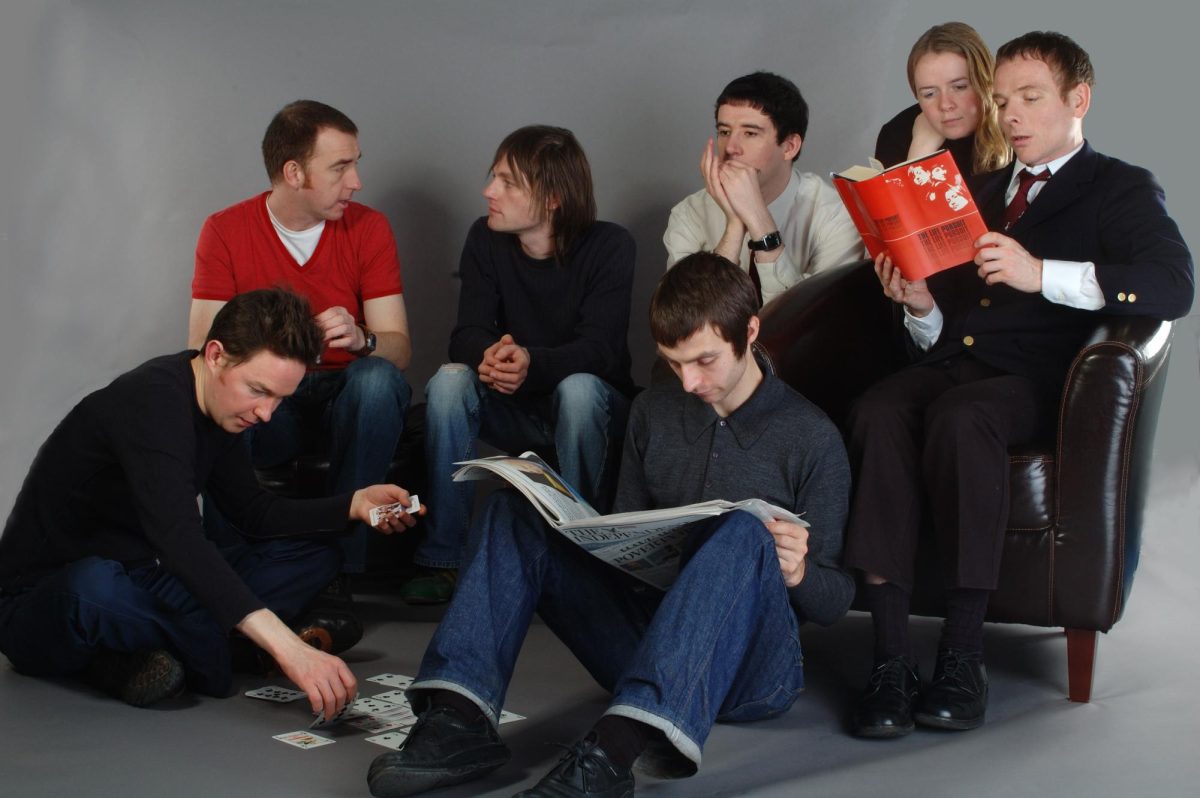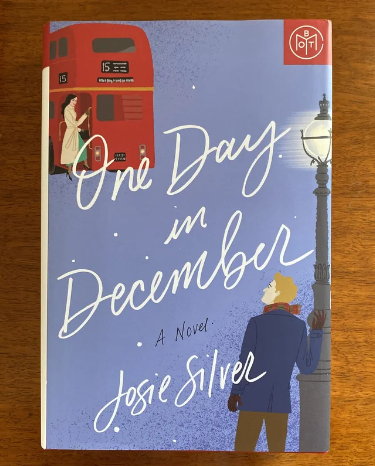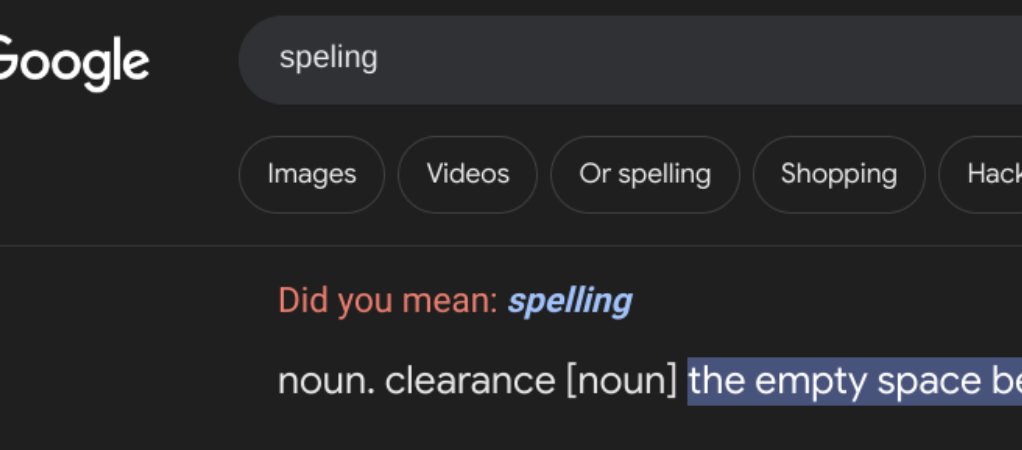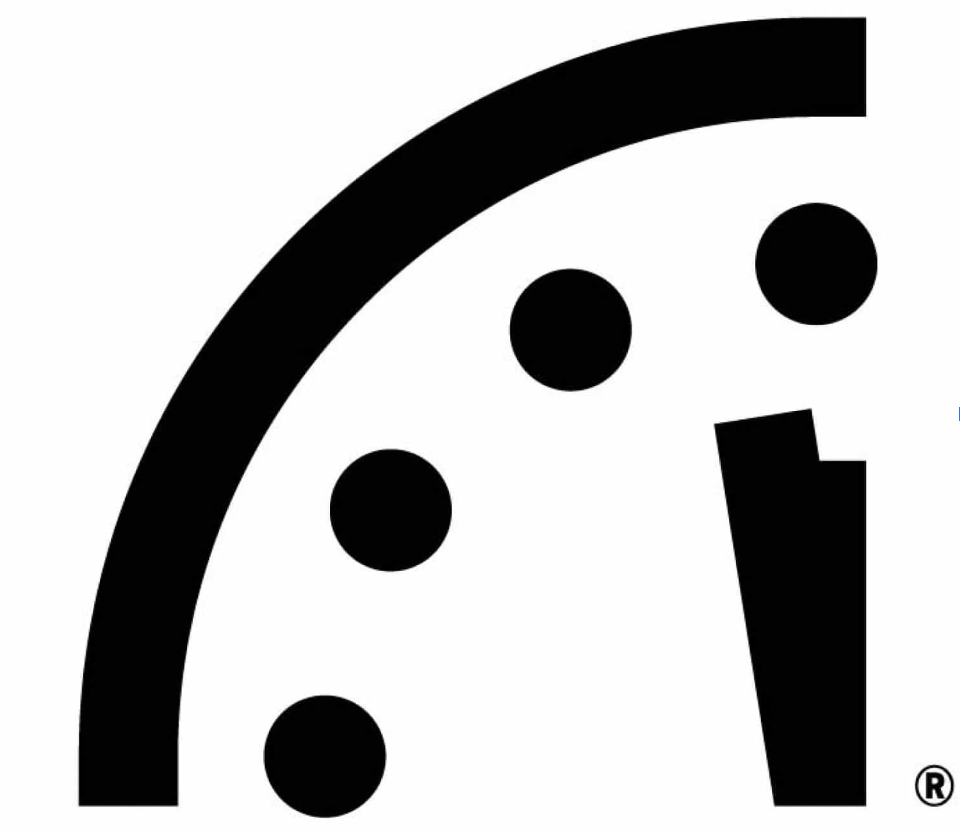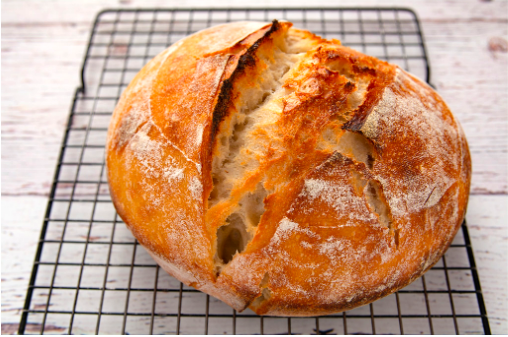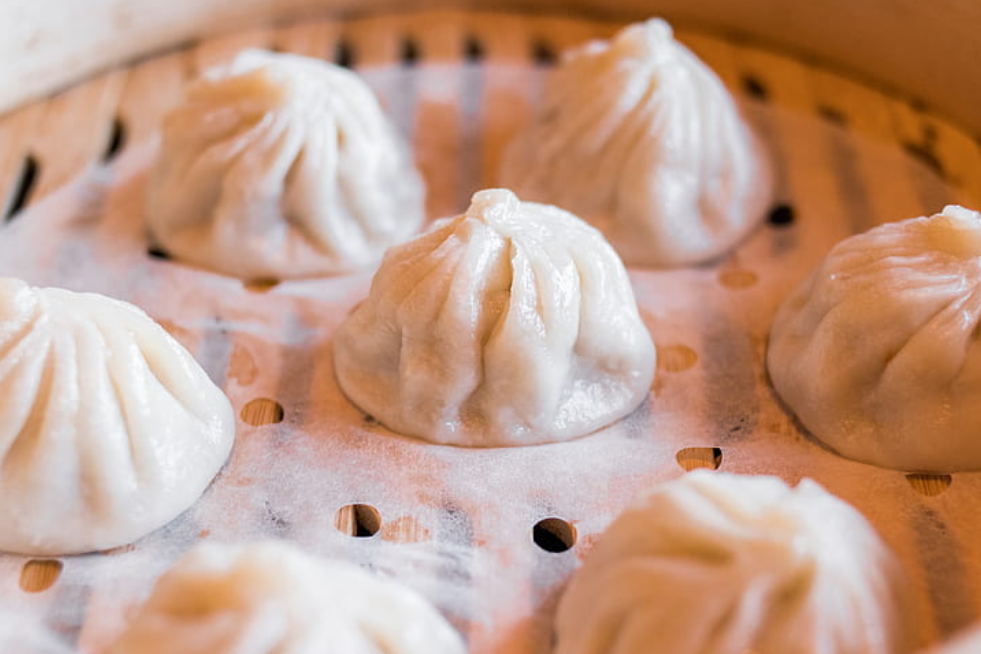The Best Worst Thing
April 17, 2020
Everyone has that one fear that sends their skin shuddering just at the mere thought of it. The surge of panic, fear, and dread that overwhelms you with just the imagination of “the thing.” For me, “the thing” was thinking, crafting, analyzing, and expressing, all bundled up in the overarching activity called writing.
I wasn’t born with an innate hatred for writing; in my early youth, I lived with a book and a pencil. But middle school was when that big dark pit in my heart started to form and that love I used to foster for reading and writing started to chip off bit by bit. It originated from an impulsive, rash decision: when I started losing confidence and felt insecurities creeping in about writing (on which I’m not going to go into details), I radically turned my back on writing and sought the logical world of STEM, sliding down the balance towards the “STEM side.” However, I crawled my way back up to set the balance right; as you can see, I’m writing voluntarily. If you dread writing, quiver and shudder and panic just at the word “writing” or “essay,” please keep reading; you’ll be able to empathize and find these words so relatable as I talk trash about writing, but towards the end, I hope I can also make you find a friend in an old foe.
Until not long ago, that foe mentally traumatized me. Writing made me want to fish my brain out of my head and fry it on a pan like a scrambled egg. It drained the energy and life out of me with its mentally stressful and exhausting activity, and as the command “write an essay” left my teacher’s lips, they flew across the room, crashed upon my head and left me dizzy with dread. I had a severe case of scriptophobia; simply stated, I literally hated writing–but, I apologize, the talk doesn’t end here.
At that time, writing left bruises on my knees. The satisfying undisturbed flow of writing was an impossible task: after a couple steps, I stumbled over a gigantic boulder blocking my flow of thought, a continuous cycle of stumbling and stumbling and then, again, stumbling, sitting there for hours, searching for an appropriate word for the sentence and also losing my track of thought. This jerky and tumultuous cycle may be attributed to my lacking vocabulary at that time: I recall how I felt awed over my friend’s use of the word “consecutive,” which I had, sadly, not known the meaning of at that time last year, in her essays. Then, writing felt like something just so convoluted, or maybe just too sophisticated, head-aching, abstract, unclear, vague, and it scrambled my brains, especially essay writing assignments. My teachers were shoving me in a maze by assigning them. My thoughts met numerous deadends as it rummaged for a nice thesis: got a couple of sentences or paragraphs down only to backstep and start anew. Hesitation followed every thought: is it too shallow, does it make sense, is it too vague, is it going off on a tangent, is this relevant, is it, is it, is it, is it…? This severe case of hesitation, contrary to my worries, turned out to be a commonplace issue for many, so if you’re struggling with overwhelming hesitation, don’t stress out so much and find comfort and assurance from my accounts of stressful struggles and as you read on. On a side note, I feel obligated to mention the shock I received when enlightened of the existence of in-class essays (unheard of in Korea–we don’t write much and it’s an issue). It was like a slap in the face, and at first all I could feel was the shock and unbelievability, and then my senses came back to me and I could feel the sting and the red hand imprint on my cheek.
But the current me proves that even a mess like that can recover and rediscover the beauty of writing and foster love for it. And if “that mess” can do it, you can too! Now, we shall get to the point of this whole article: how to befriend a foe called writing. I have much to say about this, but if I had to pick the main three things that had the biggest role in nicely filling up that dark black pit in my heart, they would be ranting, being fake, and laughing at someone else’s writing.
First, let’s start with ranting. When we’re mad, sad, happy, crying in joy or sadness, we rage in our heads, rave about it to the victim sitting next to us, or some of us just attempt to blank emotions out. One day, I was mad. And that day, instead of raving about it to my mom or my friends, I snatched out my computer, flicked it open, and typed so fast you could barely make out my fingers, raving my emotions out to my computer in words. It calmed me down and at the same time made me realize the insignificance of the situation and my immaturity and also at the same time–and most importantly–threw off the scary mask that writing had had on as something unapproachable, unrelatable, and unenjoyable. It was the first step to befriending my foe: getting comfortable, flushing down the awkwardness. These frequent ravings led to journal entries and articles and love and lust. Rant, my friends, and you shall have one new friend and one fewer foe.
Secondly, be fake. Fake your love. Fake your talent. Fool others and fool yourself. Fool yourself, and soon enough it becomes reality and you’re no longer fooled but only know of the truth. Reflect upon yourself: we do more of the things we love and aspire to be more of the person we think we are. A common example, if your classmates call you the class clown and laugh their belly buttons out and you also consider yourself a humorous person, you just work so hard not to let that reputation down, not to allow the absence of humor in your presence. Exploit this trait. Pretend you love writing, you’re good at it, everyone loves your writing, you live for writing. Fake that confidence and write as if you’re a great writer. You can’t let that reputation down. (But don’t suffocate from the pressure; don’t make it toxic.) Soon enough, you’ll be joining writing circles, clubs, and English honors classes, and you will be writing more than ever, exponentially bettering your writing skills and fostering your love for writing. It’s the truth: the more you write, the better you get. So, fake it till you make it.
Thirdly, and lastly, laugh and smirk at someone else’s writing, and what I mean by that is read humor pieces, although this may be subjective advice and may just be my personal taste. I believe reading humor pieces is the best way to punch that unapproachable barrier down between you and writing, as personally it was for me. Humor just makes things so chill, approachable, and comfortable. It brought writing, which was previously like a complicated, picky, unapproachable god-like being, down to just being a daily pal whom I can comfortably wave to and pat their heads and mess with. It was a simple process: I read humor pieces and books, I laughed, I enjoyed it, I aspired to write like it, and in that process, how did I end up? Enjoying writing itself! Voila.
I’m so proud of myself right now for writing such a long article (writing’s also a source of the feeling of achievement). Writing can be the shoulder you can cry onto whenever you need it, a friend that hears you out whenever you start off that painful rant and are in need of a victim, a friend that pats you on the back and awards you that feeling of achievement, your second voice, and whatever you make it to be, so don’t make an enemy out of it! If you despise writing, just try these out because writing is just too amazing to miss; you’re missing out on so much. As you embrace writing, you change as a person too 🙂




